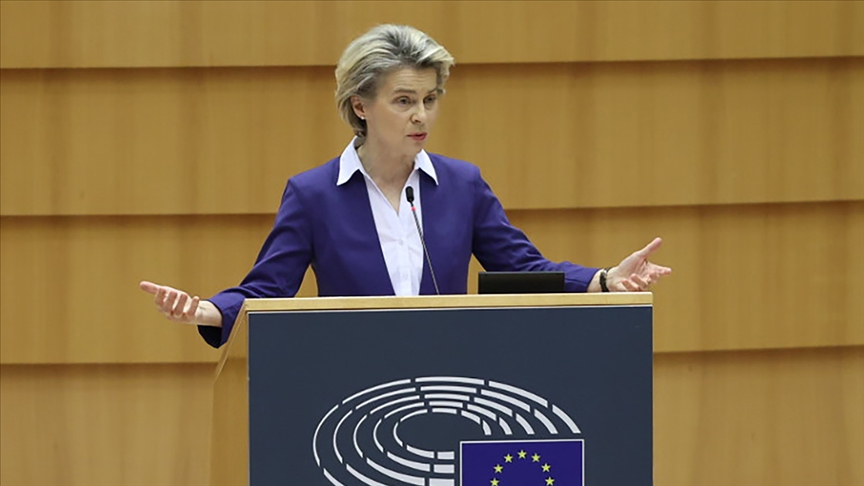
The inconsistent developments within the EU under the European Commission President Ursula von Der Leyen continue to remain on the agenda. In this regard, a new item has been added to the agenda in the form of the controversial management with the COVID-19 vaccine. In fact, it would not be wrong to say that the blunders in this matter have paved the way for other criticisms. In this article, we will discuss the inconsistencies displayed within the EU.
It is known that the EU has not been able to take adequate measures regarding vaccination and has insufficiently implemented the measures it has taken. Even though it should be Von der Leyen who had to take responsibility on this issue, she left Stella Kyriakides, the commissioner responsible for health issues, faced with the questions of the press[1]. While doing this, unlike what a good manager would not do, Von der Leyen made the mistake of blaming the person she herself had appointed.
Similarly, management blunders may be seen in Von der Leyen’s attitude towards Brexit. In this process, it has argued by some that the EU has not been able to manage its relations with British Prime Minister Boris Johnson on a rational basis. Following the problems in the supply of COVID-19 vaccines, the European Commission has published a new statement about the decision that the export of vaccines produced at facilities in member countries to third countries will be subject to a permission. The President of the Commission Von der Leyen, who signed an agreement with vaccine developer AstraZeneca at the end of January, is on the focus of heavy criticism. Due to the wrong decisions she has made in this process and her attitude, Von der Leyen has been likened to ‘a driver sleeping behind the wheel’[2]. This has brought to mind the old problematic periods in the Brexit debate and stirred the British media’s anger against the EU, causing the rift between the two sides to increase[3]. The views that the European Commission’s decision is wrong and that it strengthens the opponents of Northern Ireland are points that should be followed carefully.
In both the UK and the EU, the President of the Commission Ursula Von der Leyen has been heavily criticized. It is emphasized that her election as the President of the European Commission after her duties as the Minister of Family and the Minister of Defense in Germany has not been considered as a success. Contrary to popular belief, after an active position in the country, the position of President of the European Commission is considered as a passive duty. There is a prevailing opinion that if she had performed successfully in German politics, she would not have been appointed as the President of the European Commission. In such a situation that France would not look favorably upon under normal conditions, the President of France Macron has remained silent. The basis of this silence can be attributed to the appointment of Christian Lagarde to the Presidency of the European Central Bank having turned into a bargaining subject between President Macron and German Chancellor Merkel. It can be said that this situation is humiliating for Ursula Von der Leyen. However, it is not right to put the burden of the lack of good governance of the EU on a single person. While unity should have brought strength to the Union, the cracked voices, machinations, and bargaining based on selfish interests in the Union have come in the way of the principle of good governance. However, The Presidency of the European Commission is an important position that should not be made the subject of such bargaining. Since the EU does not even act considerately on issues relating to its internal politics, it is understood that it does not have the time or energy to act in a conciliatory or impartial manner on issues relating to Turkey.
The Moscow visit of Josep Borrell, the High Representative of the EU for Foreign Affairs, also revealed the diverging views and the management blunders within the Union. In the meetings held during Borrell’s, Russian Foreign Minister Lavrov addressed Borrell in an almost lecturing style. At the bilateral press conference, Lavrov expressed his views clearly. On the other hand, Borrell was met with calls for “resignation” in the EU after his visit ended. In this regard, the prevailing opinion is that the EU was not represented well during Borrell’s visit to Russia. Callers for resignation feel that Borrell gave Russia the green light concerning Russia’s actions.
It is necessary to draw attention to another issue that is believed to part of the management blunders of the EU. That is related to the EU’s keenness to “arbitrate” the past of various countries. Although some officials have stated that it is not up to them to arbitrate on this issue, some officials are nevertheless insistent on this issue[4]. AVİM holds the position that the EU should not assume the role of the arbitrator regarding the past of countries. This also cover the events of 1915. Regarding these events, the EU is expected to take a similar attitude and refrain from attempting to act as an arbitrator.
The inconsistencies, lack of planning, and the inability to act in concert within the EU are some of the intra-union problems that we have observed in the last few years. Another of these problems concerns two historians in Poland. A Polish court ruled against Professor Barbara Engelking and Professor Jan Grabowski for including historical facts about the Holocaust in their books. The meaning of this decision is this: After this date, historians must act more carefully before making any accusations about the Holocaust. It is understood that legal obstacles are being brought against Holocaust research. This means that any discourse on the Holocaust in Poland may subject to criminalization. It is important for Europe to solve its own freedom over the freedom of expression.
In addition to all these blunders, the European Parliament’s former Turkey Rapporteur Kati Piri has made criticisms regarding the EU’s negotiations with Turkey. Piri stated in essence the following: “The fact that we were not really negotiating at first was not Turkey’s fault. It was the EU’s fault, since there was a blockage by the Greek Cypriot Administration of Southern Cyprus. One country was able to veto all of the negotiation process.” We have mentioned this assessment by Kati Piri[5] in our comments and analysis articles many times before. It would be appropriate to keep Piri’s criticism in mind.
Similarly, there are similar expressions in the latest book Gerhard Schröder, former Chancellor of Germany, titled “Letzte Chance- Warum wir jetzt eine neue Weltordnung brauchen”. Schröder clearly states in the book that the EU has made the wrong moves against Turkey and that Turkey was deliberately held outside the EU[6]. In the book, he has written that Turkey has been pushed away from the EU. Also, the book express that the EU should blame itself rather than Turkey.
The EU has gotten so lost in its own problems that even its former officials who once held important positions are directing frank criticisms towards the EU. When these criticisms are considered carefully, they will be able to provide benefits to both Turkey and the EU. Otherwise, important positions will end up being poorly managed due to petty calculations and bargaining. It would be beneficial for the EU to make a new arrangement within itself before pursuing its foreign relations.
*Translation: Büşra Kandemir, AVİM Trainee
*Photograph: https://www.aa.com.tr/tr/dunya/ab-yonetimi-asi-tedarikindeki-zorluklari-hafife-aldigini-kabul-etti/2134982
[1] Matina Stevis-Gridneff ve Steven Erlanger, “Top E.U. Official Comes Under Fire in Vaccine Wars”, NYtimes, 1 February 2021, https://www.nytimes.com/2021/02/01/world/europe/eu-vaccine-von-der-leyen.html
[2] “The Irish Times View on the Border: An Error with Lasting Impact”, The Irish Times, 31 January 2021, https://www.irishtimes.com/opinion/editorial/the-irish-times-view-on-the-border-an-error-with-lasting-impact-1.4472563
[3] Daniel Boffey ve Jennifer Rankin, “Von der Leyen Warns UK Against Breaking International Law Over Brexit Law”, The Guardian, 7 September 2020, https://www.theguardian.com/politics/2020/sep/07/michel-barnier-worried-by-no-10-plans-to-renege-on-brexit-deal
[4] Tomáš Petříček and Ivan Korčok, “EU Should Not Become Judge of Historical Issues”, EU Observer, 8 February 2021, https://euobserver.com/opinion/150841
[5] Hazel Çağan Elbir, “Brexit’in Türkiye – AB Konusunda Düşündürdükleri”, avim.org.tr, 16 December 2019, https://avim.org.tr/tr/Analiz/BREXIT-IN-TURKIYE-AB-ILISKILERI-KONUSUNDA-DUSUNDURDUKLERI
[6] “Eski Almanya Başbakanı Schröder: Türkiye Doğu Akdeniz’de Hakim Güç”, ntv.com.tr, 3 February 2021, https://www.ntv.com.tr/dunya/eski-almanya-basbakani-schroderturkiye-dogu-akdenizde-hkim-guc,ao4odWosHUGNVsg_djqsqg
© 2009-2025 Center for Eurasian Studies (AVİM) All Rights Reserved
No comments yet.
-
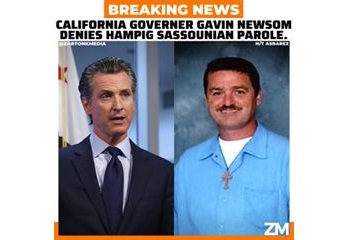 NO PAROLE FOR THE ASSASSIN OF TURKISH DIPLOMAT
NO PAROLE FOR THE ASSASSIN OF TURKISH DIPLOMAT
Hazel ÇAĞAN ELBİR 02.06.2020 -
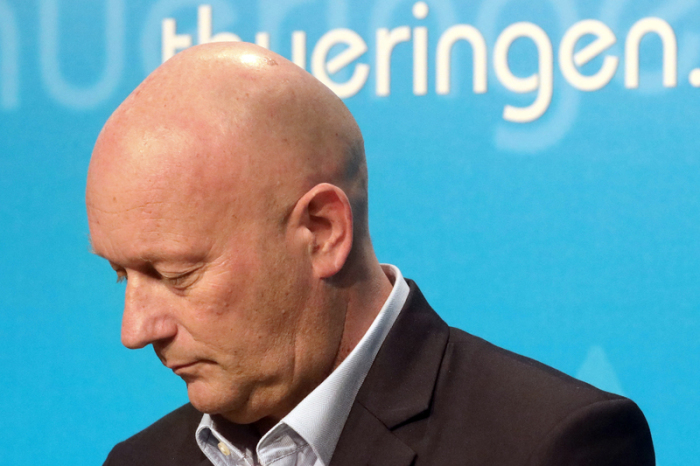 EXTREME RIGHT IS GAINING STRENGTH IN GERMANY
EXTREME RIGHT IS GAINING STRENGTH IN GERMANY
Hazel ÇAĞAN ELBİR 21.02.2020 -
 THE BRIBERY SCANDAL IN THE EUROPEAN PARLIAMENT
THE BRIBERY SCANDAL IN THE EUROPEAN PARLIAMENT
Hazel ÇAĞAN ELBİR 04.01.2023 -
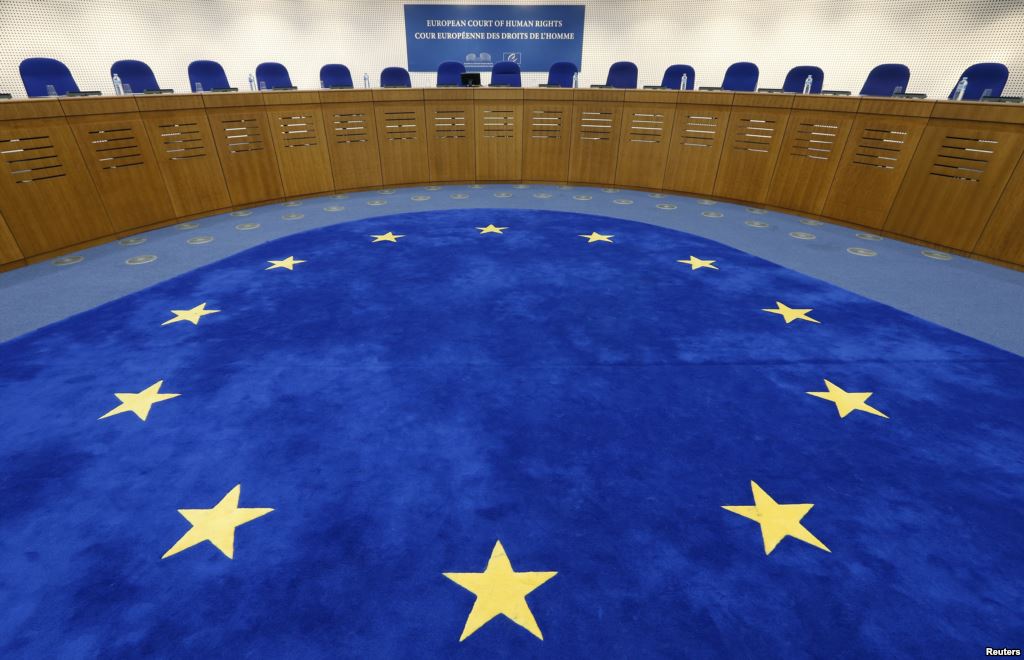 ECHR’S DOĞU PERINÇEK - SWITZERLAND DECISION (OFFICIAL FRENCH, UNOFFICIAL TURKISH)
ECHR’S DOĞU PERINÇEK - SWITZERLAND DECISION (OFFICIAL FRENCH, UNOFFICIAL TURKISH)
Hazel ÇAĞAN ELBİR 24.02.2014 -
 AN ATTEMPT TO REVIVE ARMENIAN ULTRA-NATIONALIST TERRORISM: THE CONTENT OF THE FBI REPORT
AN ATTEMPT TO REVIVE ARMENIAN ULTRA-NATIONALIST TERRORISM: THE CONTENT OF THE FBI REPORT
Hazel ÇAĞAN ELBİR 10.10.2024
-
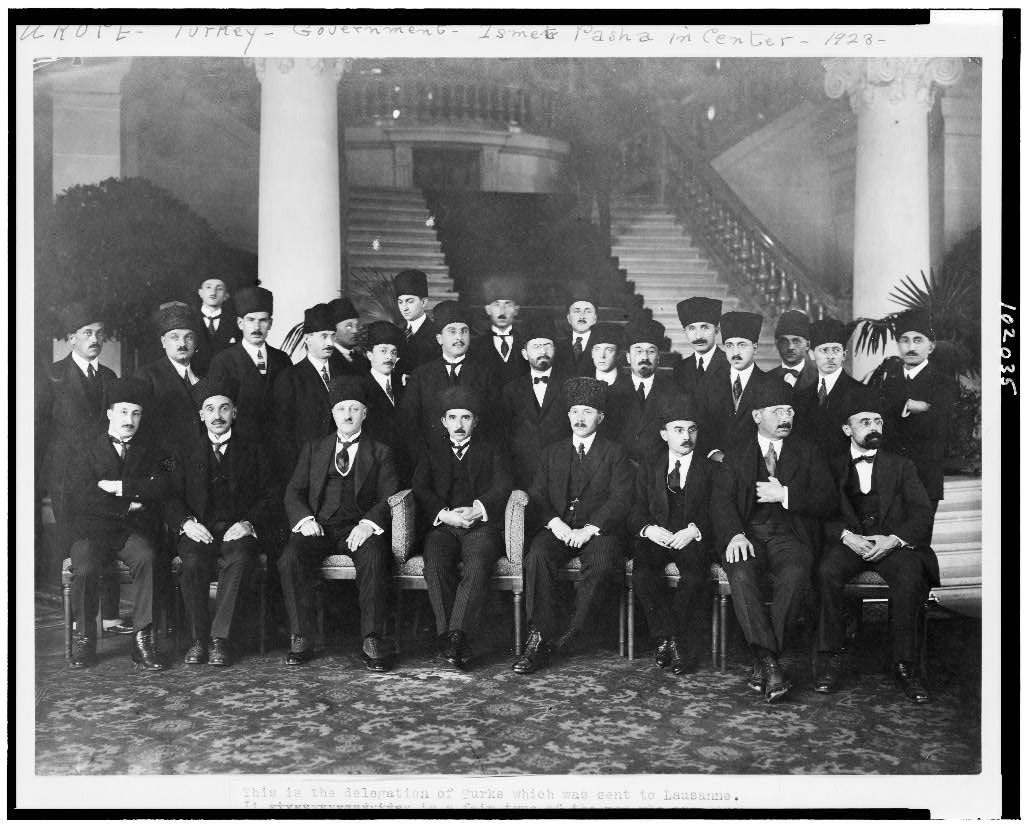 PEACE TREATY OF LAUSANNE AND THE END TO ARMENIAN ASPIRATIONS
PEACE TREATY OF LAUSANNE AND THE END TO ARMENIAN ASPIRATIONS
Teoman Ertuğrul TULUN 22.07.2016 -
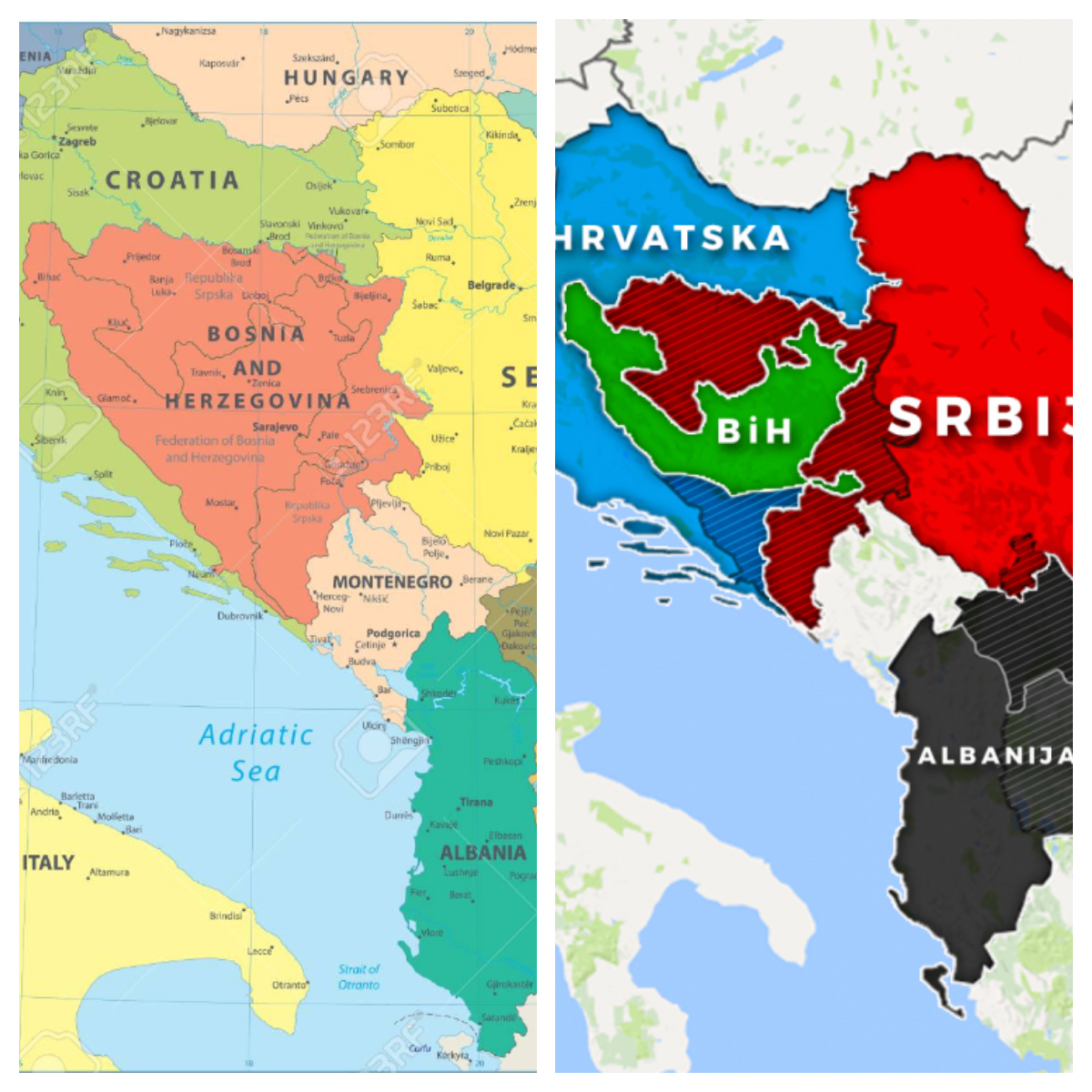 SLOVENIAN DOCUMENT ON DISMEMBERMENT OF BOSNIA-HERZEGOVINA CONFIRMS THE NECESSITY OF CONTINUING THE PIC-OHR-BONN POWERS
SLOVENIAN DOCUMENT ON DISMEMBERMENT OF BOSNIA-HERZEGOVINA CONFIRMS THE NECESSITY OF CONTINUING THE PIC-OHR-BONN POWERS
Teoman Ertuğrul TULUN 30.04.2021 -
 ESTABLISHING THE DELICATE BALANCE BETWEEN STRATEGIC AUTONOMY AND STRATEGIC INTERDEPENDENCE: THE CASE OF TÜRKIYE
ESTABLISHING THE DELICATE BALANCE BETWEEN STRATEGIC AUTONOMY AND STRATEGIC INTERDEPENDENCE: THE CASE OF TÜRKIYE
Teoman Ertuğrul TULUN 05.08.2025 -
 AFD’S SLOGAN: THE MORE REFUGEES, THE MORE VOTES
AFD’S SLOGAN: THE MORE REFUGEES, THE MORE VOTES
Hazel ÇAĞAN ELBİR 09.04.2020 -
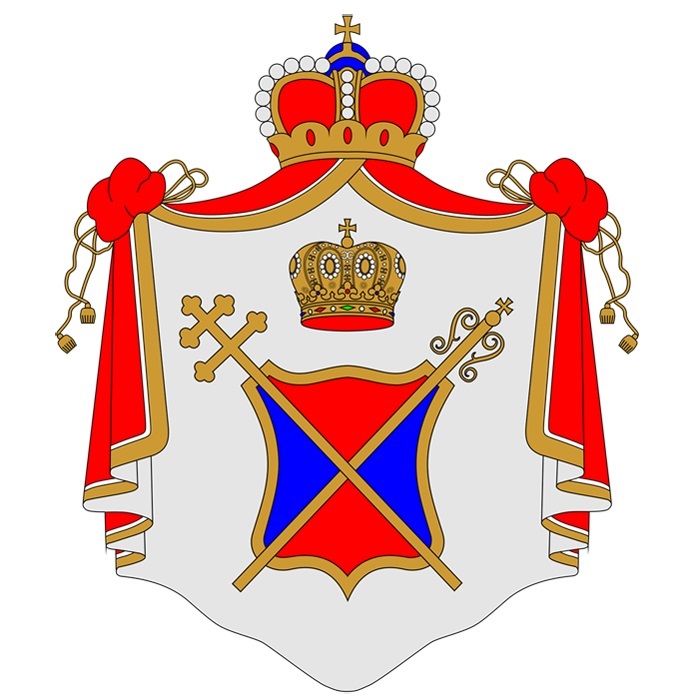 THE ORTHODOX CHURCH : ECCLESIASTICAL BATTLE OF MONTENEGRINS WITH THE SERBIAN ORTHODOX CHURCH
THE ORTHODOX CHURCH : ECCLESIASTICAL BATTLE OF MONTENEGRINS WITH THE SERBIAN ORTHODOX CHURCH
Teoman Ertuğrul TULUN 01.09.2022
-
25.01.2016
THE ARMENIAN QUESTION - BASIC KNOWLEDGE AND DOCUMENTATION -
12.06.2024
THE TRUTH WILL OUT -
27.03.2023
RADİKAL ERMENİ UNSURLARCA GERÇEKLEŞTİRİLEN MEZALİMLER VE VANDALİZM -
17.03.2023
PATRIOTISM PERVERTED -
23.02.2023
MEN ARE LIKE THAT -
03.02.2023
BAKÜ-TİFLİS-CEYHAN BORU HATTININ YAŞANAN TARİHİ -
16.12.2022
INTERNATIONAL SCHOLARS ON THE EVENTS OF 1915 -
07.12.2022
FAKE PHOTOS AND THE ARMENIAN PROPAGANDA -
07.12.2022
ERMENİ PROPAGANDASI VE SAHTE RESİMLER -
01.01.2022
A Letter From Japan - Strategically Mum: The Silence of the Armenians -
01.01.2022
Japonya'dan Bir Mektup - Stratejik Suskunluk: Ermenilerin Sessizliği -
03.06.2020
Anastas Mikoyan: Confessions of an Armenian Bolshevik -
08.04.2020
Sovyet Sonrası Ukrayna’da Devlet, Toplum ve Siyaset - Değişen Dinamikler, Dönüşen Kimlikler -
12.06.2018
Ermeni Sorunuyla İlgili İngiliz Belgeleri (1912-1923) - British Documents on Armenian Question (1912-1923) -
02.12.2016
Turkish-Russian Academics: A Historical Study on the Caucasus -
01.07.2016
Gürcistan'daki Müslüman Topluluklar: Azınlık Hakları, Kimlik, Siyaset -
10.03.2016
Armenian Diaspora: Diaspora, State and the Imagination of the Republic of Armenia -
24.01.2016
ERMENİ SORUNU - TEMEL BİLGİ VE BELGELER (2. BASKI)
-
AVİM Conference Hall 24.01.2023
CONFERENCE TITLED “HUNGARY’S PERSPECTIVES ON THE TURKIC WORLD"









